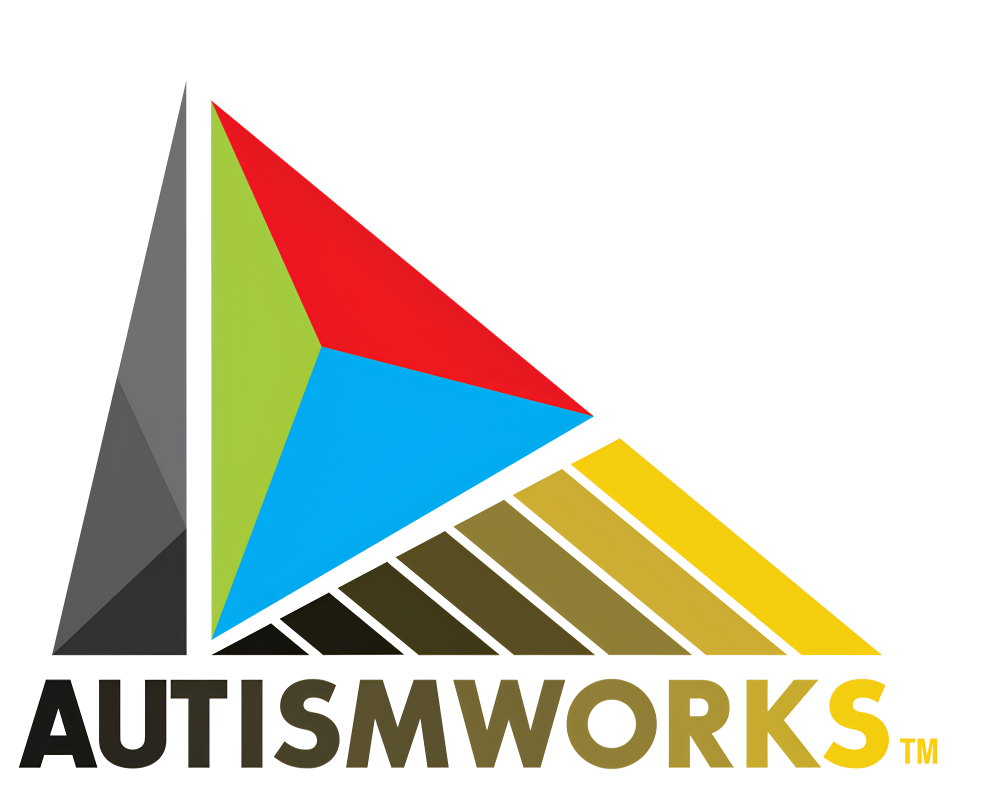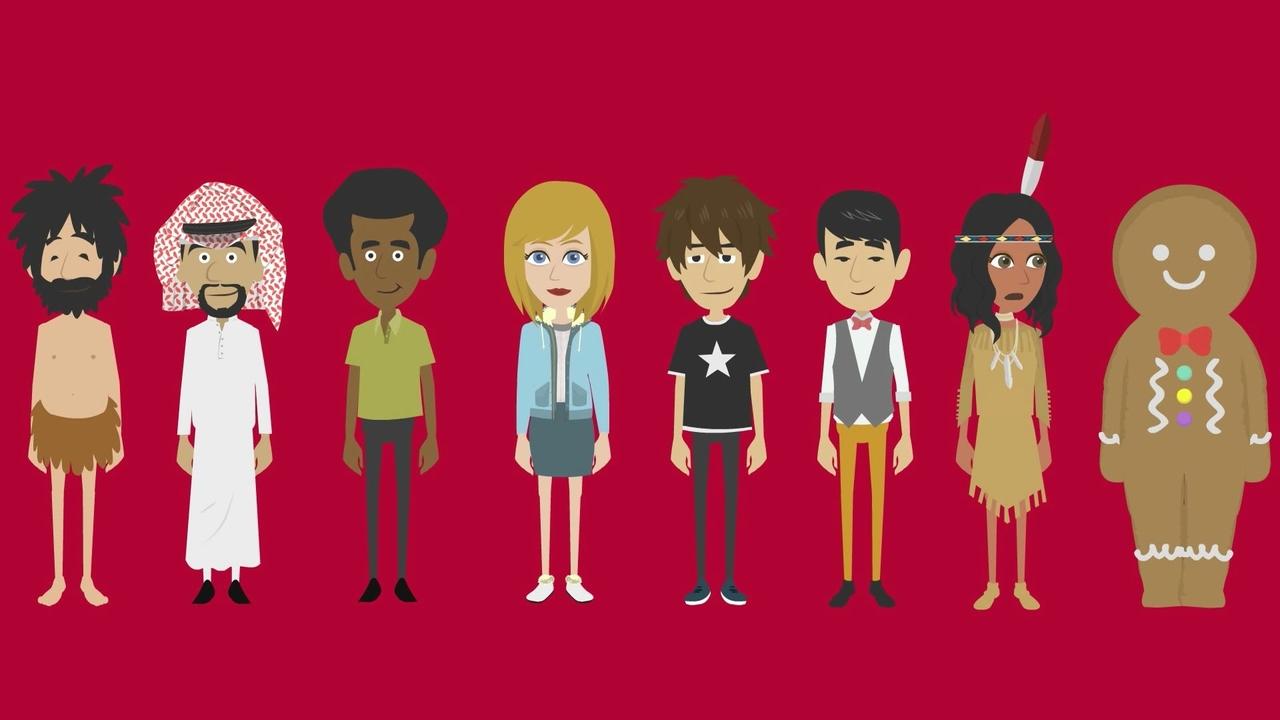
Making Peace
Jun 20, 2019
The Sims 4: Understanding Social Interactions
May 31, 2019
Mom's Motorcycle
May 24, 2019
Baseball
May 10, 2019
Identity
May 07, 2019
Isolation
May 02, 2019
Reading
Apr 18, 2019
Children with Autism: Connections with Animals
Mar 31, 2019
Raising a Child with Autism: Confidence
Mar 31, 2019
Children with Autism and Colors
Mar 31, 2019
Autism and Community Support
Mar 31, 2019
Your Child with Autism: Companionship
Mar 28, 2019












